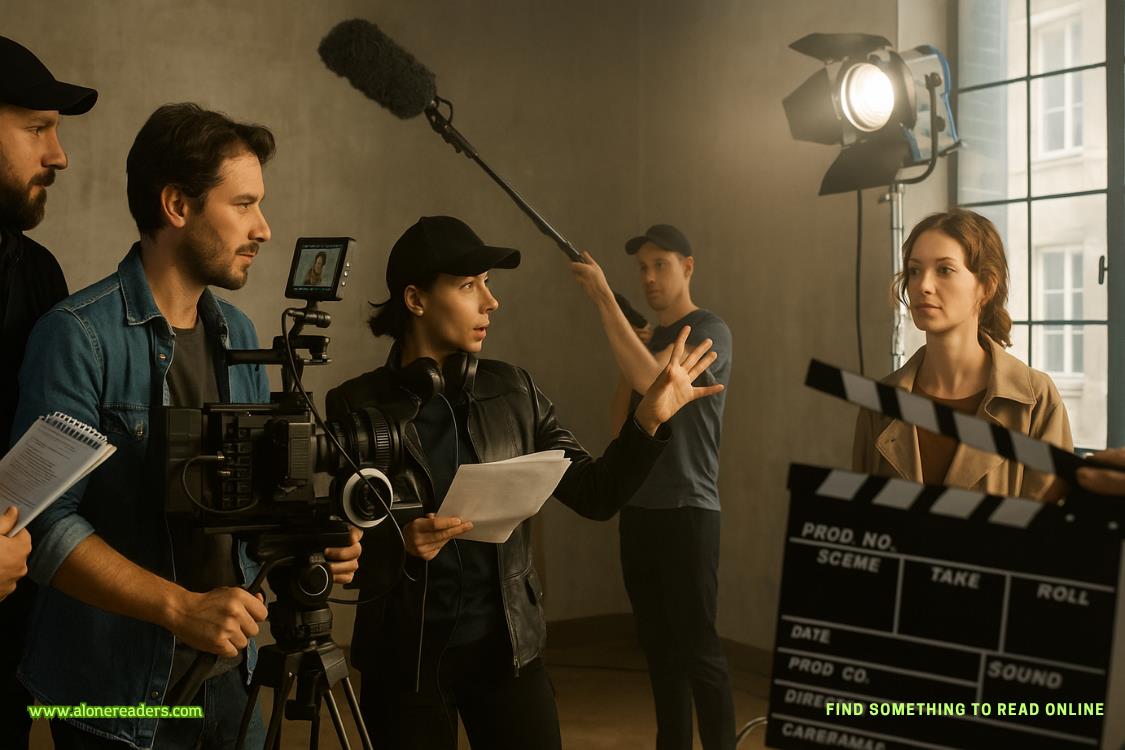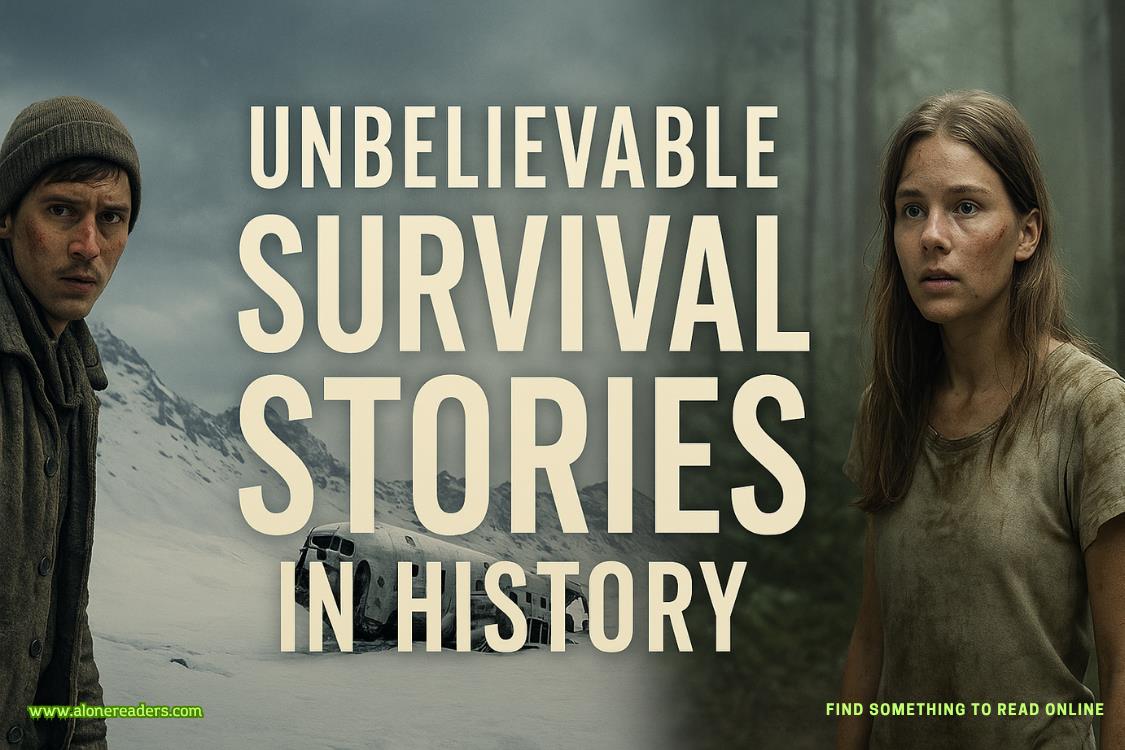Page 55 of Midnight in Paris
Back in her bedroom, she didn’t bother to wash her face or even clean her teeth. She simply peeled her clothes off and pulled her familiar T-shirt over her head. Climbing under the covers, she sighed. It was time to let go now. To move forward with Will. She’d finally said goodbye.
27
NOW
She woke late the following morning to find a note from Will on her pillow.
At the office, call me if you need to.
She lay back, her head flooded with Paris and Tom; how depleted he’d been when they’d returned from Paris that last time. And how quickly things had happened afterwards.
It had been a wonderful funeral. At least according to the people who’d enthusiastically shaken her hand or moved in for a hug as she stood outside the church afterwards, stiffly taking her place next to Tom’s parents and feeling a sense of unreality.
There were some traditional readings – that one about only being in the next room, and reassurances from the vicar that Tom would be in a better place. She wanted to stand and scream at the banality of it all. To ask the vicar how heknew?Wanted to say that it was all nonsense – that there was no better place forTom than at her side. But she held it together, somehow, sitting primly in the black shift dress she bought for the occasion, Libby on one side of her, Sam on the other, both clutching hands and squeezing her reassuringly during the worst parts.
Sophie took to the pulpit herself, trying to stumble out some words about Tom. But she felt herself break down and in the end, her mum came and helped her back to her seat. She saw the eyes of Tom’s family and friends on her as she moved, some sympathetic, others curious. They were strangers to her, and now they always would be.
Later, when they were back from the wake that followed the service and it was all over, she felt stiff, numb, emotionless.
‘You’re sure you’re OK?’ her mum asked for the zillionth time.
She turned, slightly distracted, from where she was standing in the kitchen, gazing at a kettle which had boiled two minutes previously. ‘Huh?’ she said.
Her mum walked over, put a hand on Sophie’s shoulder. ‘Me and your dad. We can stay if you want?’
She shook her head. ‘I’ve got to… sort of get on with things,’ she said, trying to sound capable and upbeat, despite the fact her voice sounded wobbly even to her. ‘It’s what Tom would have wanted.’
In fact, she had absolutely no idea what Tom would have wanted. But it was something you said, wasn’t it? A way to give yourself permission to continue when everything in you just wanted you to lie down and give up.
Her mum nodded, brow still furrowed. ‘Well, if you’re sure.’
‘I’m sure, Mum. Thank you.’
Mum saved some of the leftover food, packing it neatly into plastic boxes and stacking them in Sophie’s near-empty fridge. She’d helped arrange everything when even Tom’s parents had seemed to take a back seat, too wracked with grief to be of anyuse. Dad was there too, a prop for Mum more than anything. Not sure what to do or say, but with a ready arm to wrap around her mother’s back.
Sophie loved them. But she needed them to leave. The effort of holding herself together for them was becoming almost unbearable. She needed to be alone to scream and wail and throw things across the room – to release her grief, but also the anger she felt at how cruel and unfair life had been for Tom, in the end. Her privileged, unlucky boy.
The minute she waved them off, her face sporting a fixed smile, she went to the cupboard and pulled out a large black bag. Going to the fridge, she began to load the plastic boxes of food into it. Sausage rolls and mini quiches, slightly dry triangles of bread filled with smoked salmon and cheese and ham; she could barely eat as it was, she wasn’t going to eat this death food. The bag soon filled up and it took another before the fridge was empty.
She felt hot, sweaty, animated. Pulling her hair into a scruffy ponytail, she looked around the room for anything else she could get rid of. Mum had tactfully disposed of the leftover wine – the one thing that might have actually been helpful – and stacked the empty bottles into the recycling. There was the service sheet from the funeral – as if his parting were part of a show and this was their souvenir. She stuffed that into the bag too. Why would she want to keep something so devastating?
Suddenly she wanted it all gone. All of it.
She grabbed another bin bag and made her way to the living room. Tom’s unfinished box of soft tissues, the book he’d been reading, a stray hoodie left draped uselessly over a chair – all of them went in. Her eyes glanced at the wall – the pictures of their trips abroad: Paris, Mexico, Milan. They were too much. She pulled them from their hooks and threw them into the bag too.
By now, her hands were shaking. But she couldn’t stop. She moved to the fireplace and swept every photo and condolence card into the depths of the plastic bag. Removed every trace of him from the room. Any trace ofthem. Of what they’d meant to each other.
The flat was on the second floor and taking anything to the main bins meant negotiating the stairs. She took the food bags first, letting them bump noisily down the steps after her as she descended, not caring whether she upset the neighbours.
Her shoulders were screaming, her arms ached as she went up for the final bag. The bag of Tom’s things, their things, their life together. Because what was it actually for? She held in a sob as she pulled the heavy bag, some splits already appearing in the plastic where corners of frames and photos and glass shards pushed back against their confinement. She dragged it to the top of the communal, tiled steps that led to the bins at the back of the property and stepping ahead, gave it a tug. The crash of it descending three steps at once reverberated in the room. She pulled again, angry; three more steps. Then the bag began to give in to gravity. It continued down, bumping and crashing and she staggered after it, still holding the top – slightly uselessly – as it half pulled her down with it.
For a moment, she wanted to let it. Let the bag drag her down the stairs, feel the impact of each tile, each hard, cold surface as she went. Make the pain inside her real, visible; expressed in bruises and cuts on her body. But almost as soon as she had the thought, she let go of the bag, shocked at herself, and watched it make its way down to the flat space at the bottom on its own, shedding debris as it did. Then she followed it, sank down next to it, pulled to her the framed picture of Tom that was half exiting the sack.
The energy, the anger, the indignation she felt ebbed away and she clung to the picture, feeling sobs heave up through herbody. She’d cut her hand, the blood wet against her palm, but it didn’t matter. Because Tom was gone. Tom was gone. Tom was gone.
She hardly heard the noise of someone being buzzed into the building. Hardly felt the hands reach down for her and help her up. Didn’t acknowledge the arm around her as he led her back upstairs. He dressed her cut as she lay on the bed, then returned to the stairwell and rescued all the things she’d wanted to say goodbye to but would have regretted later.
After a while, the noises stopped and her bedroom door opened. He stood there, holding a cup of tea. ‘It seems stupid,’ Will said, ‘but I thought I’d make you tea. It’s what people do, isn’t it?’
- Sold to the Silver Foxes by Laylah Snow
- My Brother's Best Friends by Natasha L. Black
- The Rancher's Addiction by Lila Fox
- The Biker's Hidden Obsession by Khloe Summers
- Mile High Coach by Mia Mara
- Off-Limits as Puck by Kate Olivia
- Love Off Course by K. Webster
- Desert Sky by Jax Hart
- Their Darkest Needs by Amaya Jax
- Love & Vendettas by Cassie Verano
- Iron Bride by Molly Briar
- The Omega's Bloodline: Part One by Sierra Cassidy
- Forever In Willow Creek by Jade West
- Where the Blacktop Ends by Sofia Jade
- The Crown of Nyx by Audrey Moore
- Deep Feelings & Shallow Graves by Gwendoline Rose







